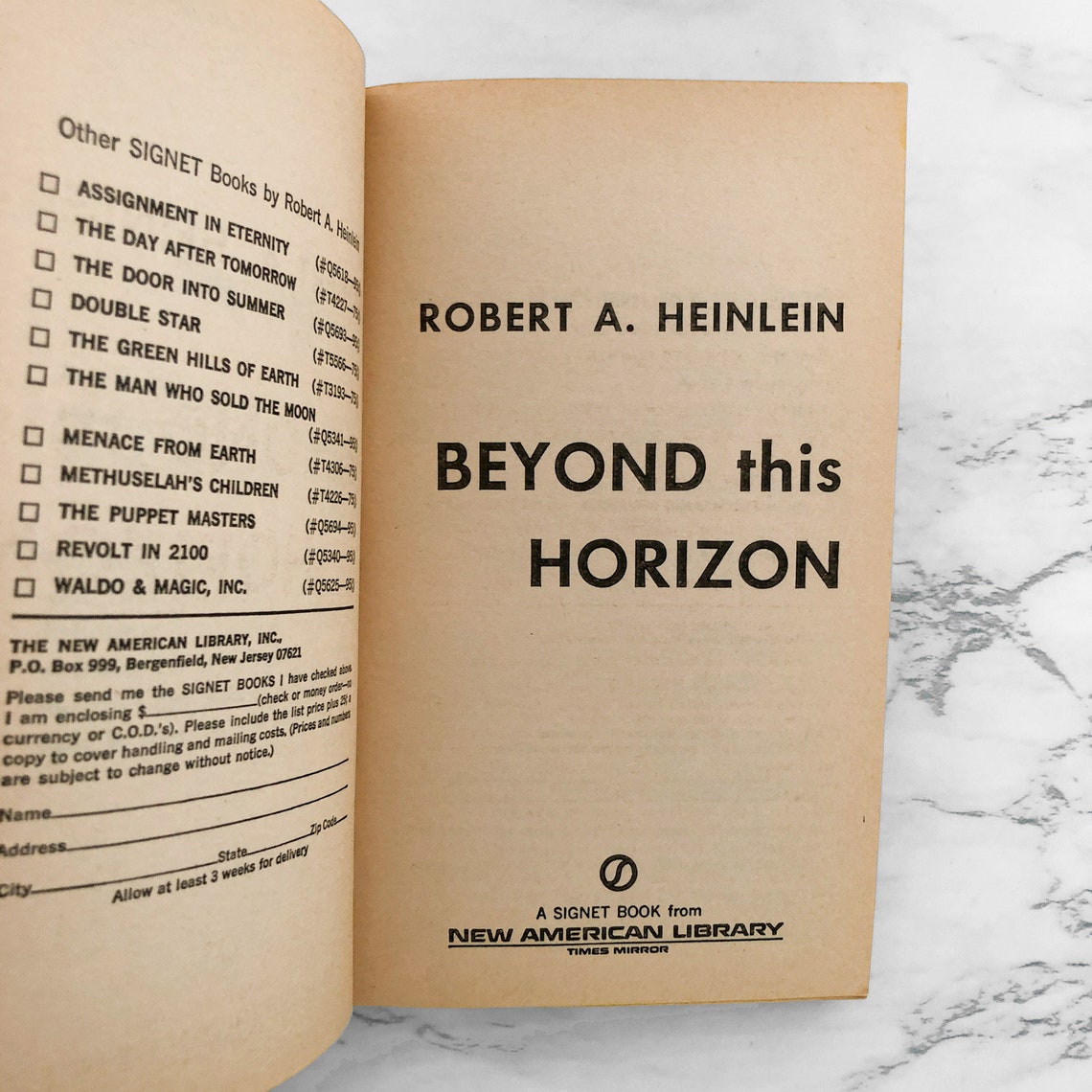

And applied genetics has given men and women the bodies of athletes and a lifespan of over a century.īut Hamilton Felix is bored. For centuries, disease, hunger, poverty and war have been things found only in the histories. With an all new afterword by Tony Daniel. Short-sighted utopians in a futurist society recruit a disaffected superior man, and get far more than they bargain for. "About this title" may belong to another edition of this title.Classic Heinlein. Heinlein loyalists will ignore the pallid "star child" jacket art as they head for the cash register.Ĭopyright 2001 Cahners Business Information, Inc. Despite some definite signs of age, as well as a tendency to the pedantic, the book remains highly readable. With his traditional hard-boiled detective voice, Hamilton makes an engaging hero. When he's not avoiding reproduction, Hamilton plays at being a millionaire entrepreneur (his genetic mix gives him great intelligence and he's a whiz with money) and a spy/counterspy for the government (foiling a plot to overthrow the government keeps him hopping). Nor does he intend to continue with the experiment that his progenitors were so keen on, since he doesn't want children. Hamilton has a body filled with some of the best characteristics that man can have, and the only problem is that he doesn't give a darn.

The plot centers on Hamilton Felix, whose genetic makeup has been recorded, tracked and tweaked for over five generations to make his genetic pool one of several "Star line" groups. On the plus side, it does contain good, sound genetics that later scientific advances haven't significantly outmoded.

Heinlein equals kitsch? First published in 1942, this reprint title by one of the masters of modern science fiction is not one of his best efforts, with its dated '40s jargon, a ham-fisted attempt at romance and a plot that really doesn't go anywhere.


 0 kommentar(er)
0 kommentar(er)
